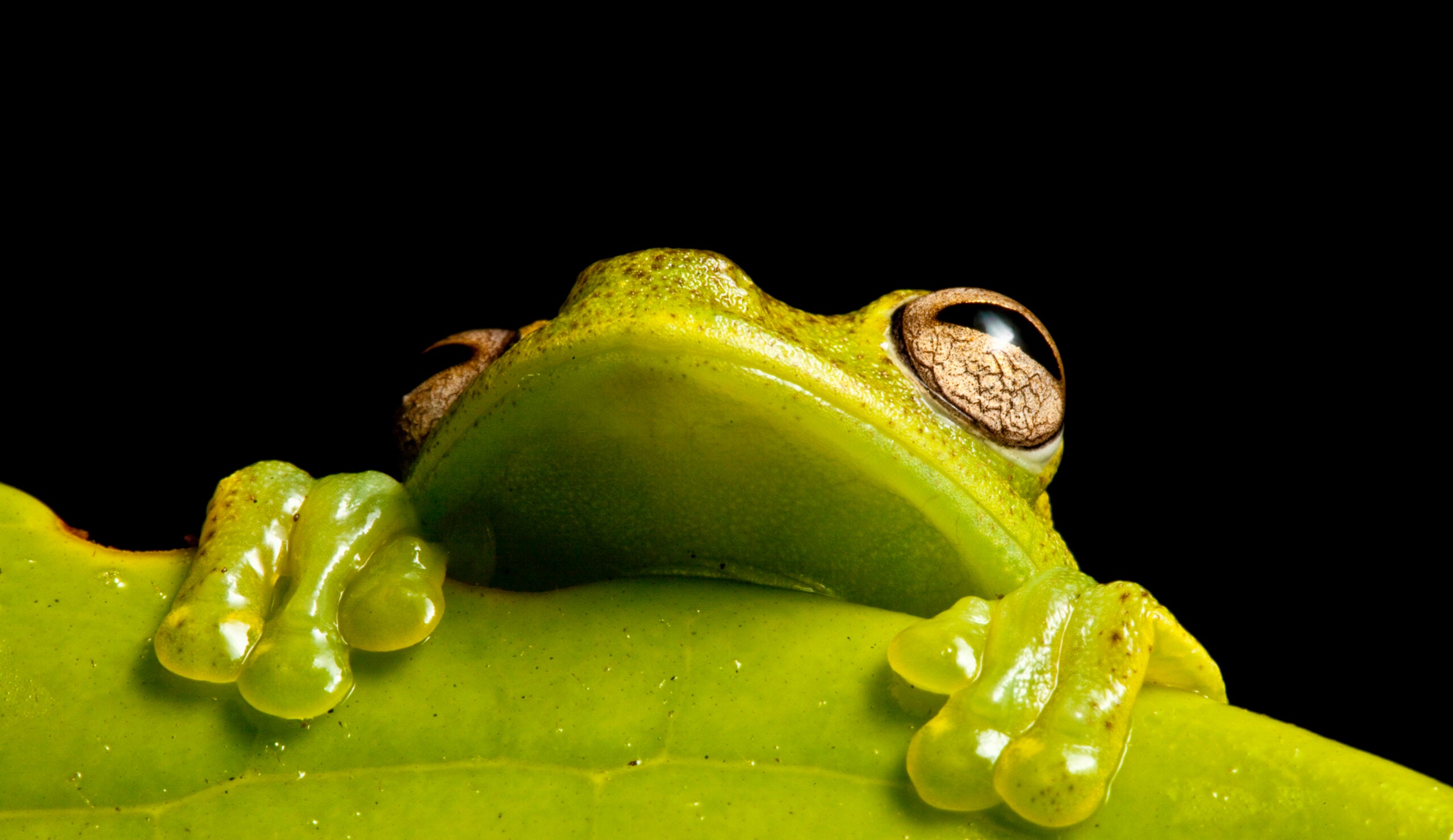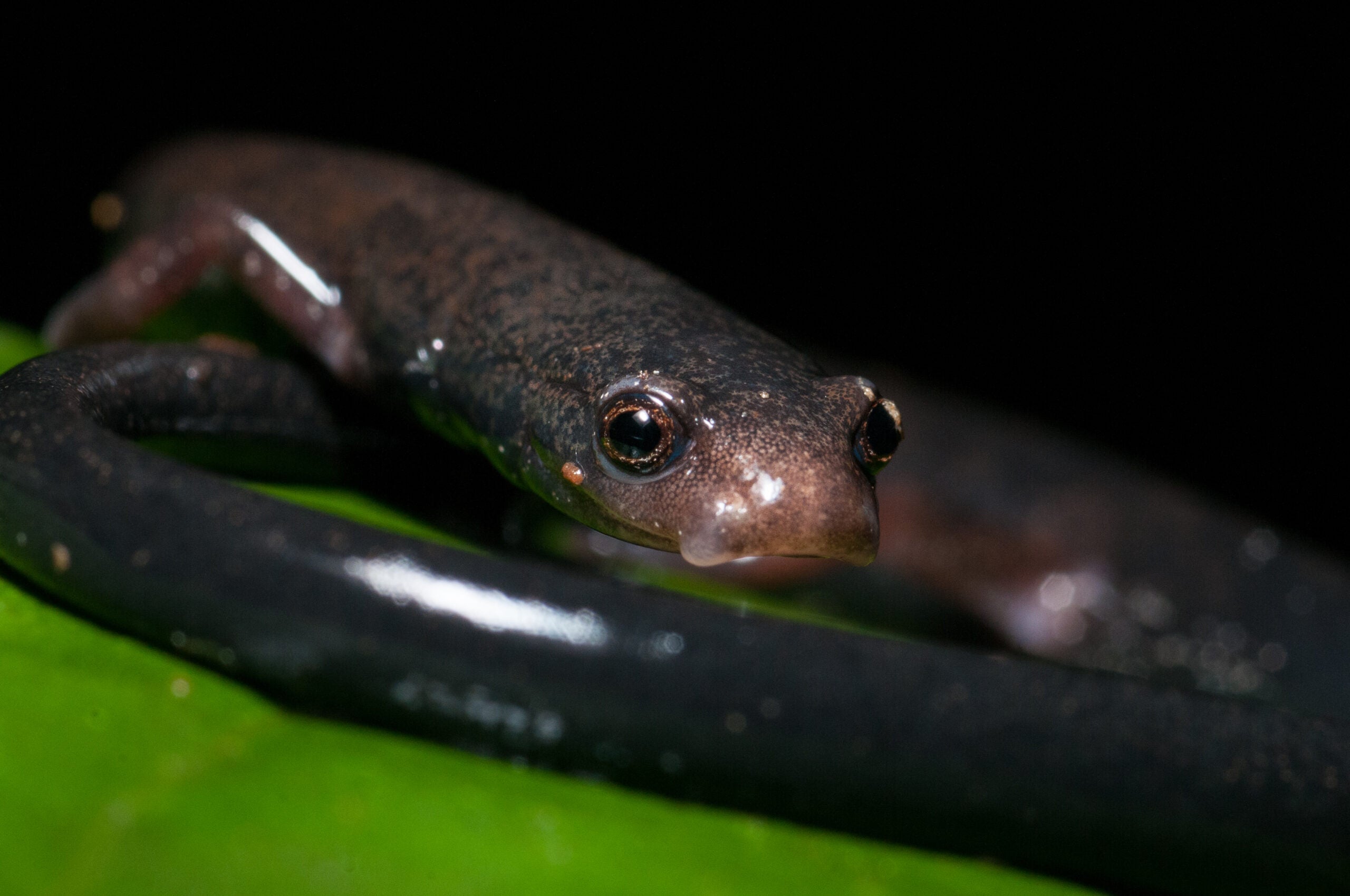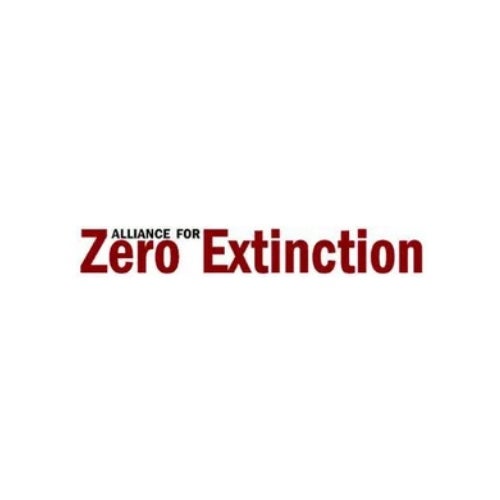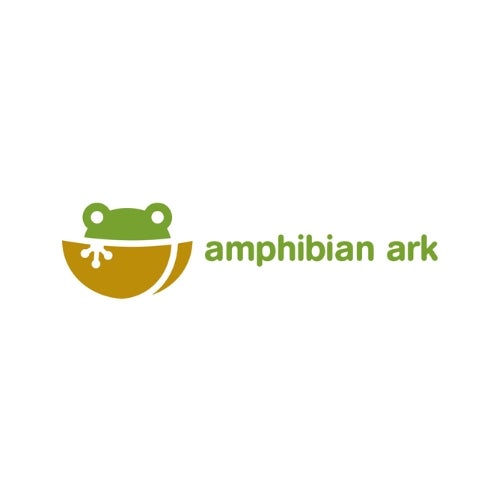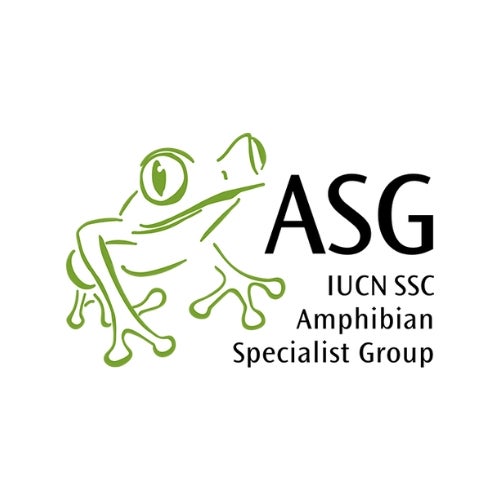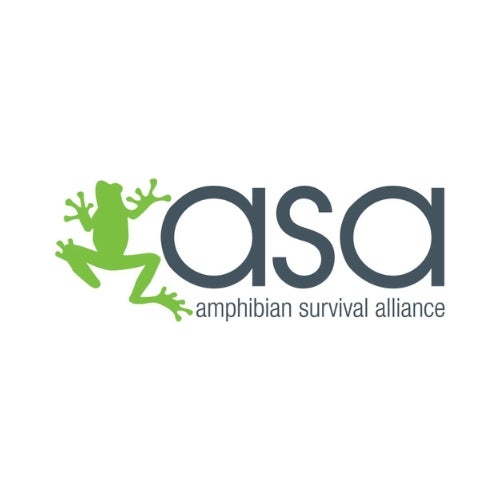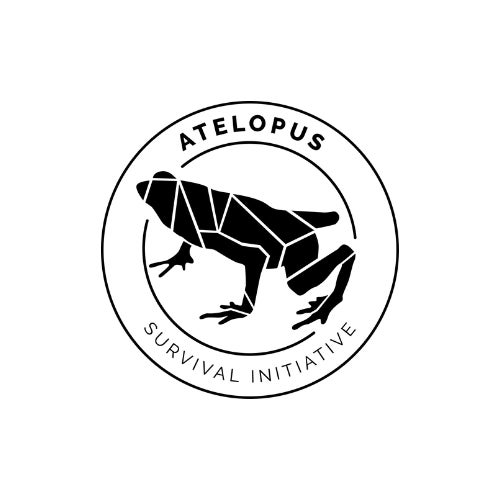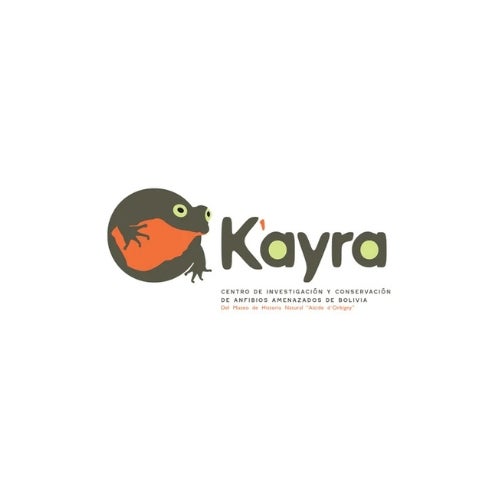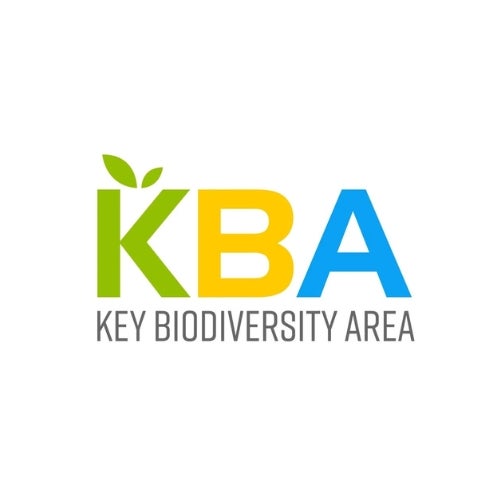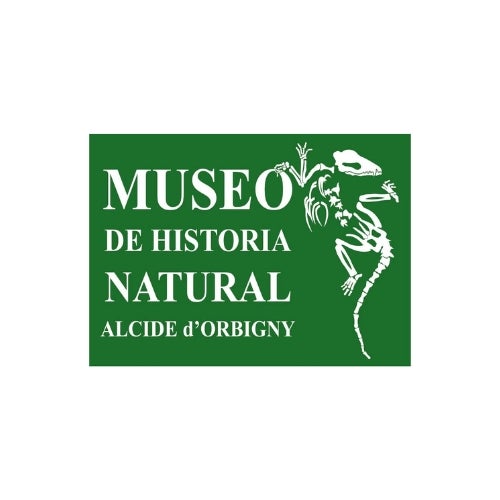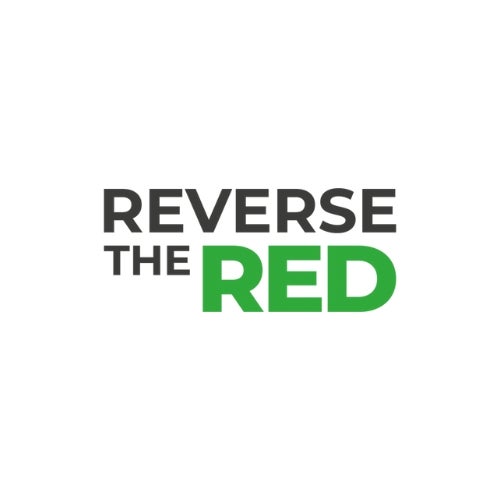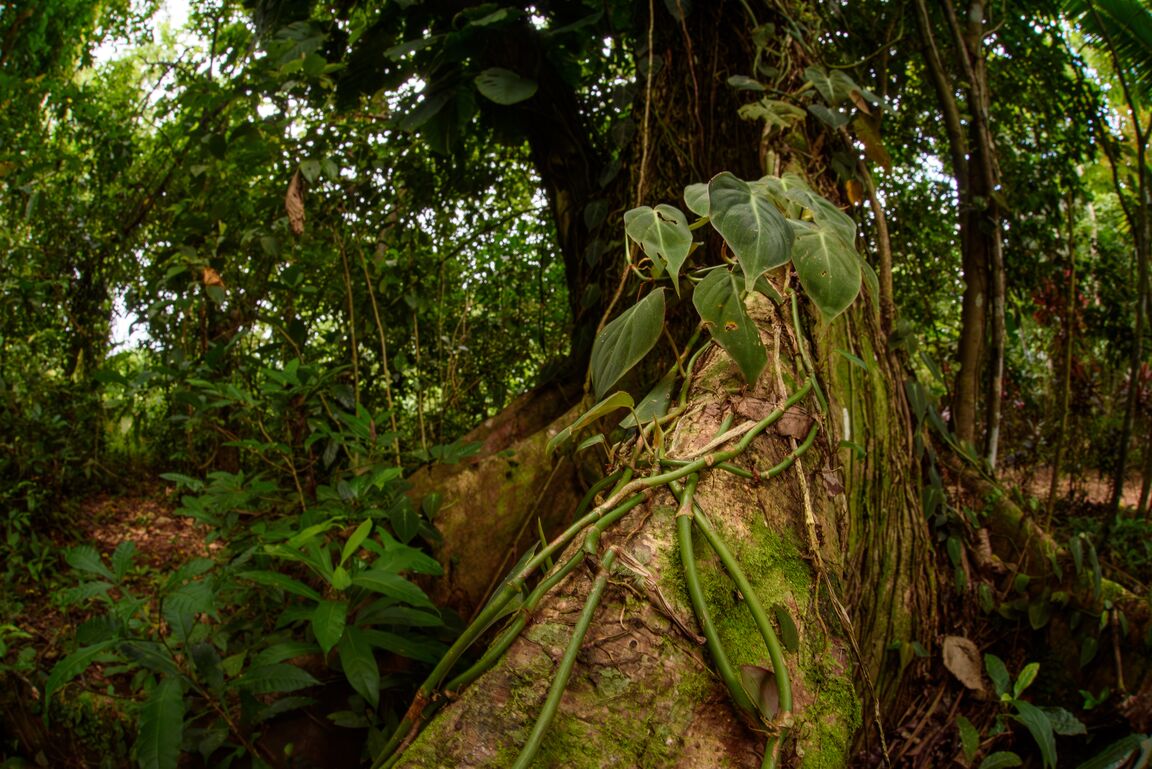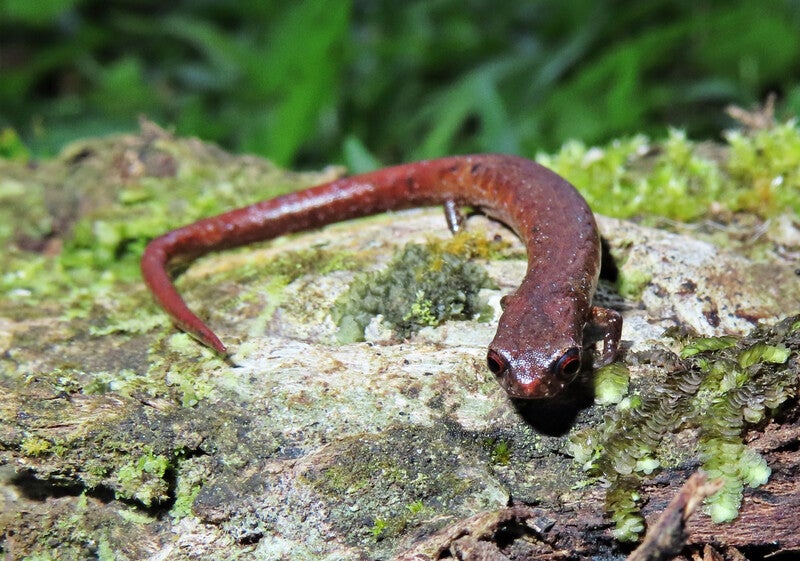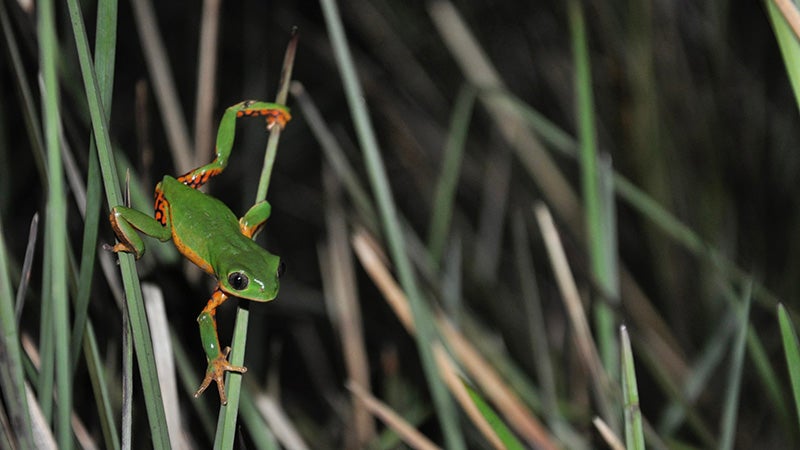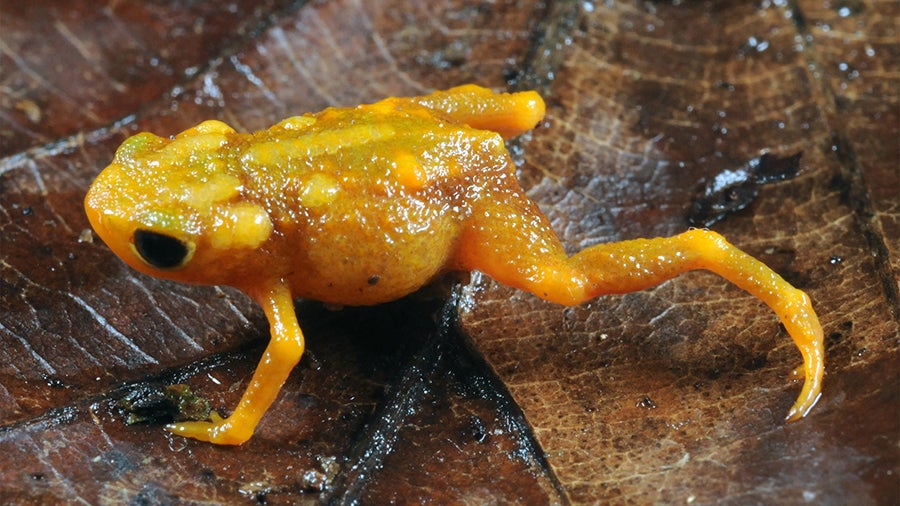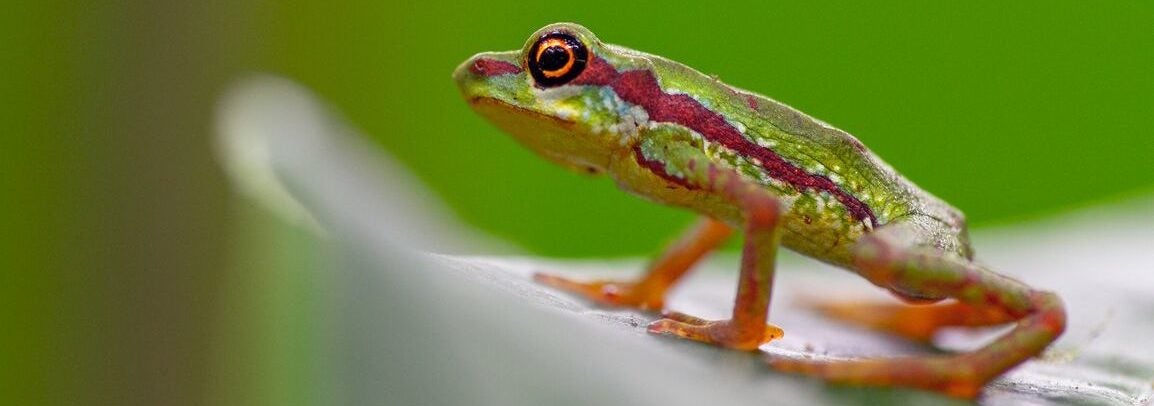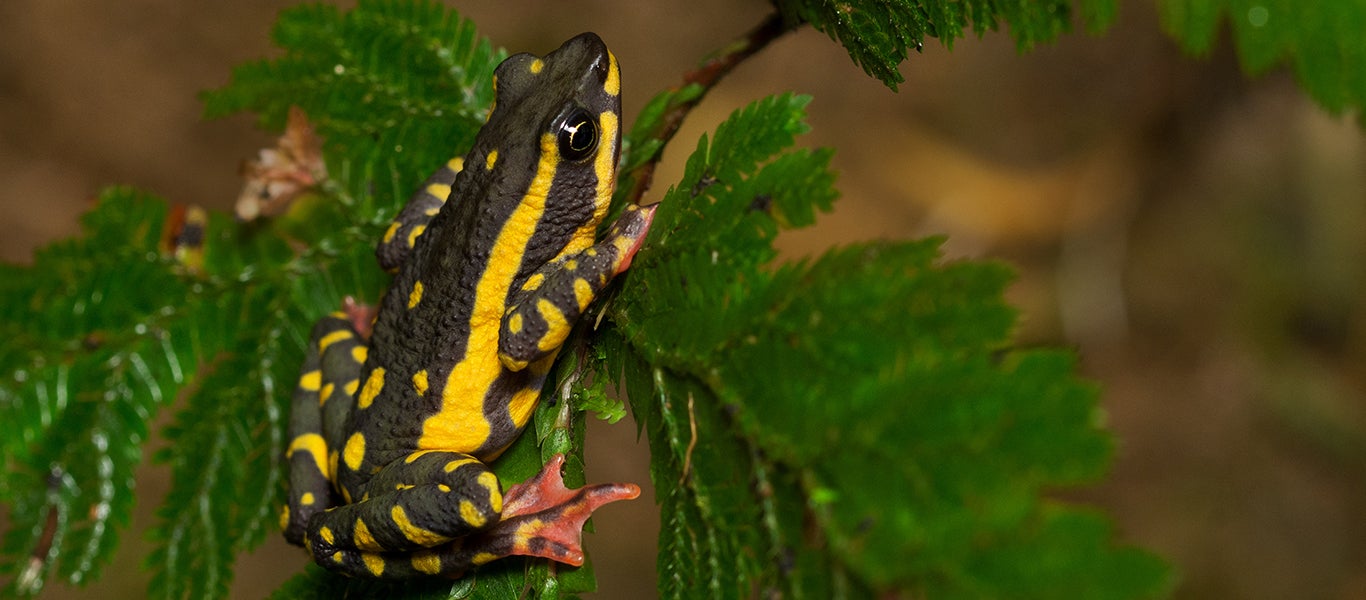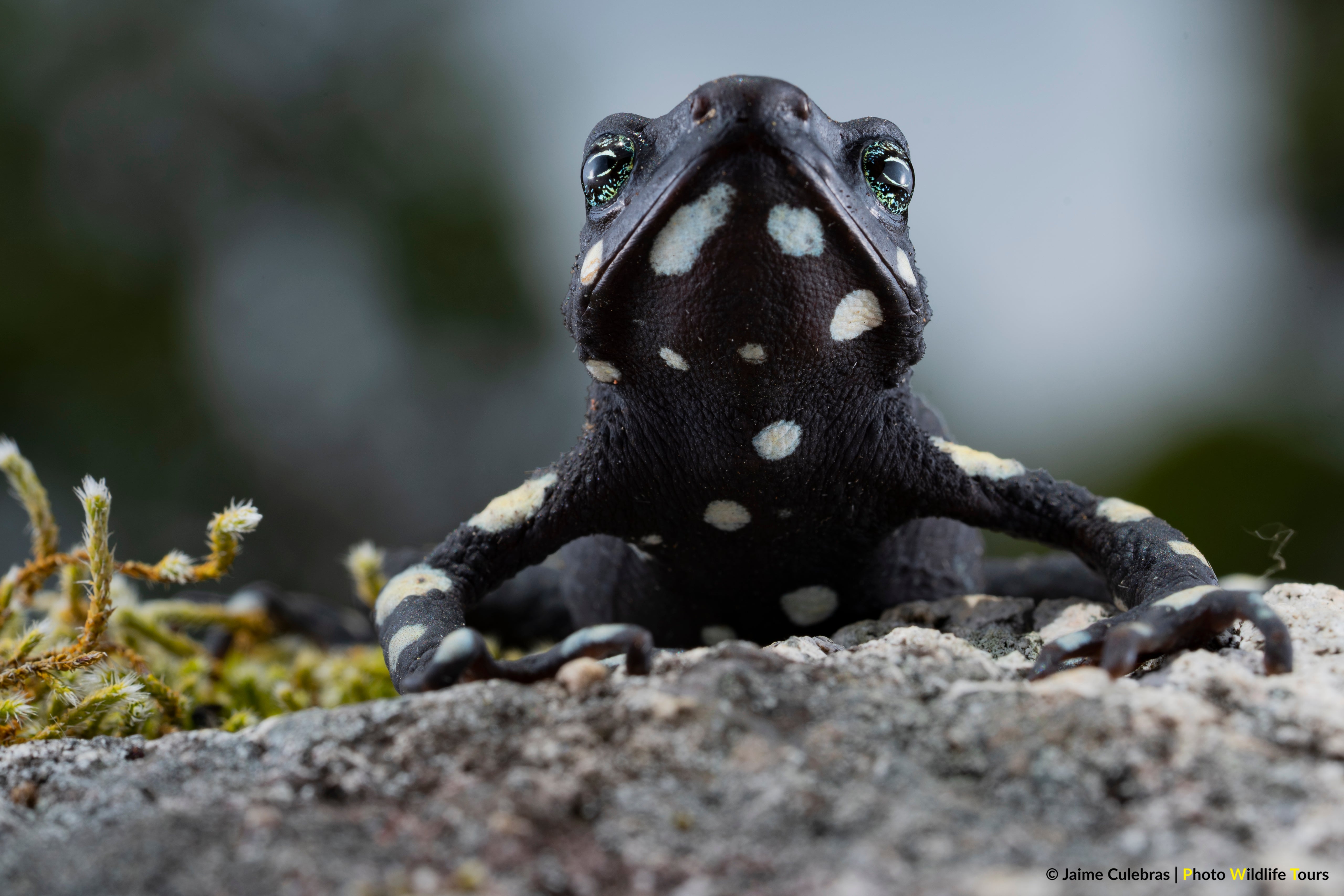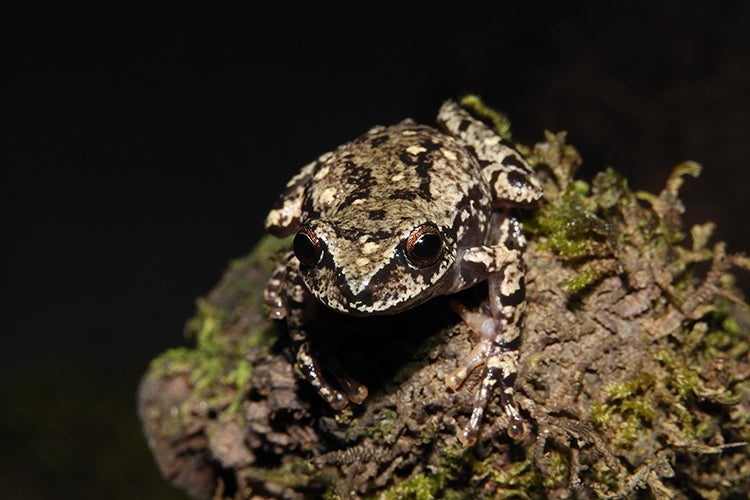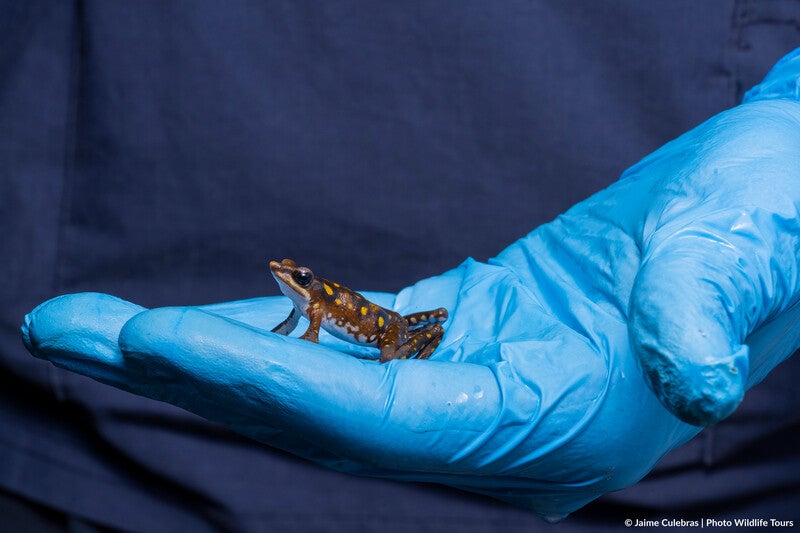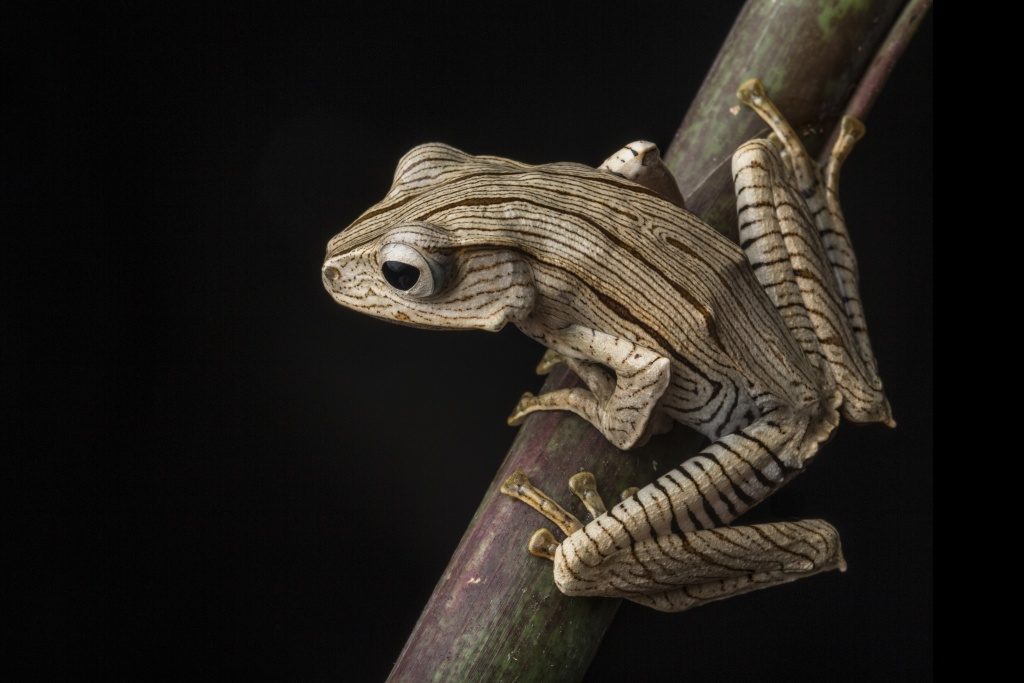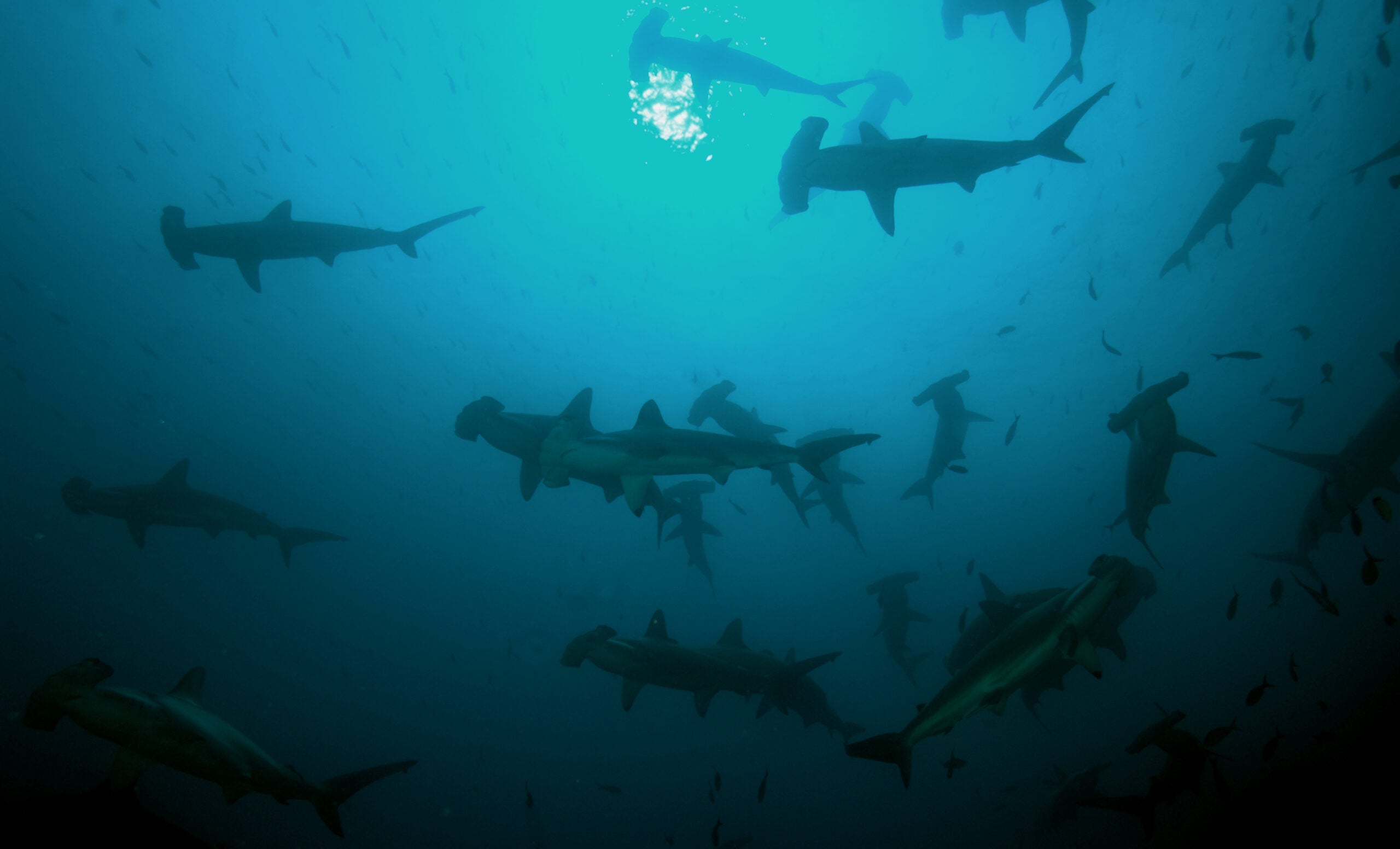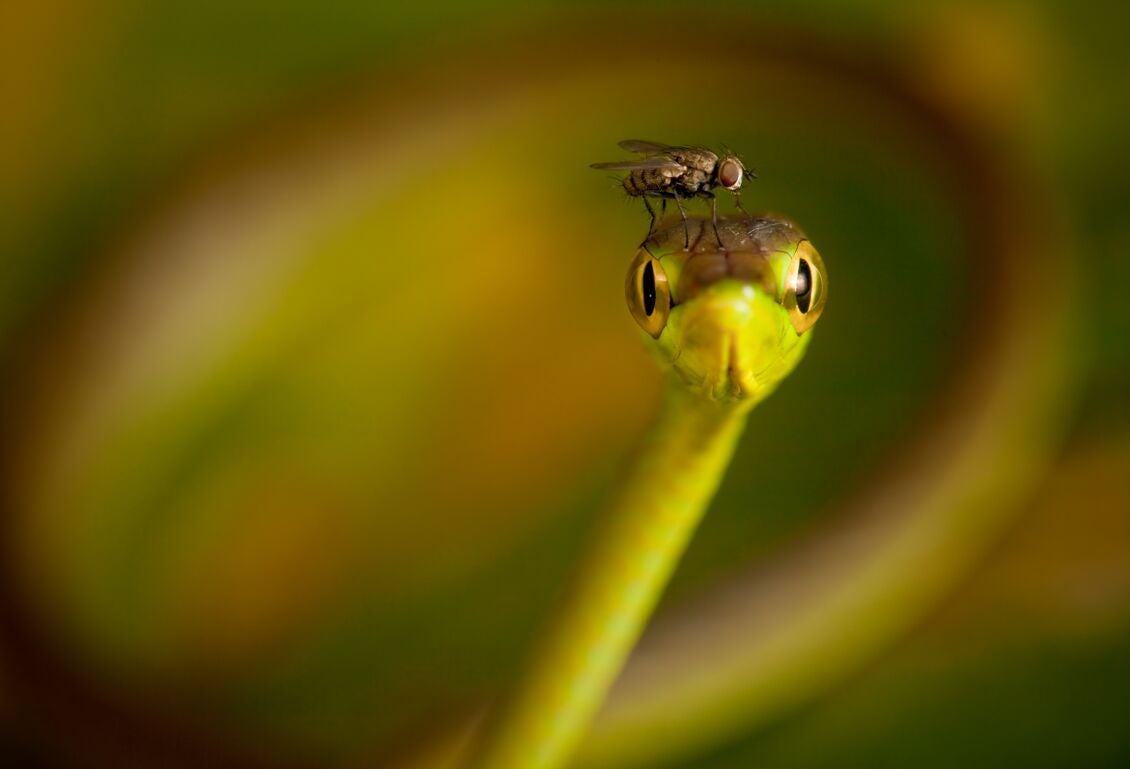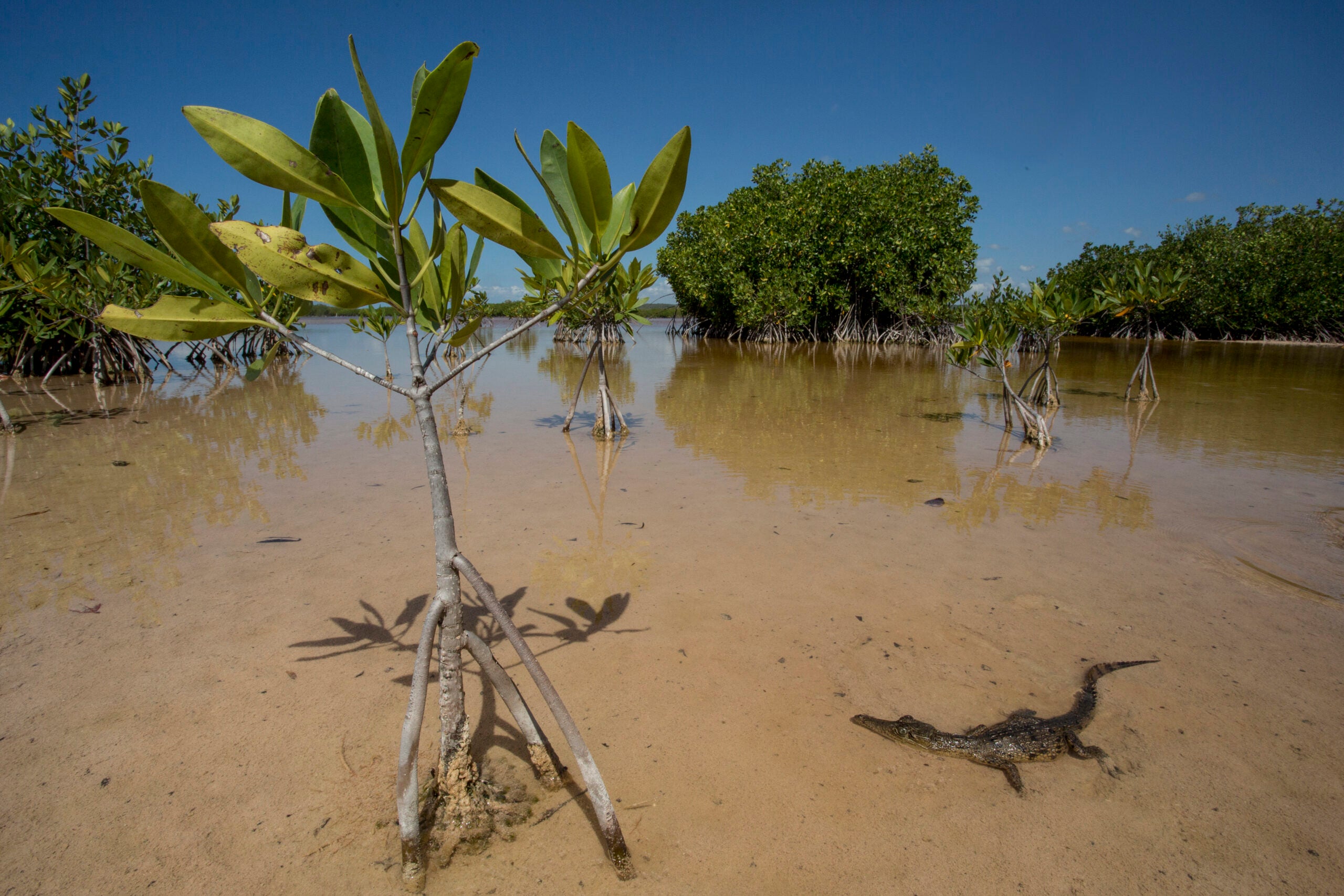Amphibians
From rainforest floors to mountain streams, amphibians connect the world’s ecosystems—and reveal the health of our planet.
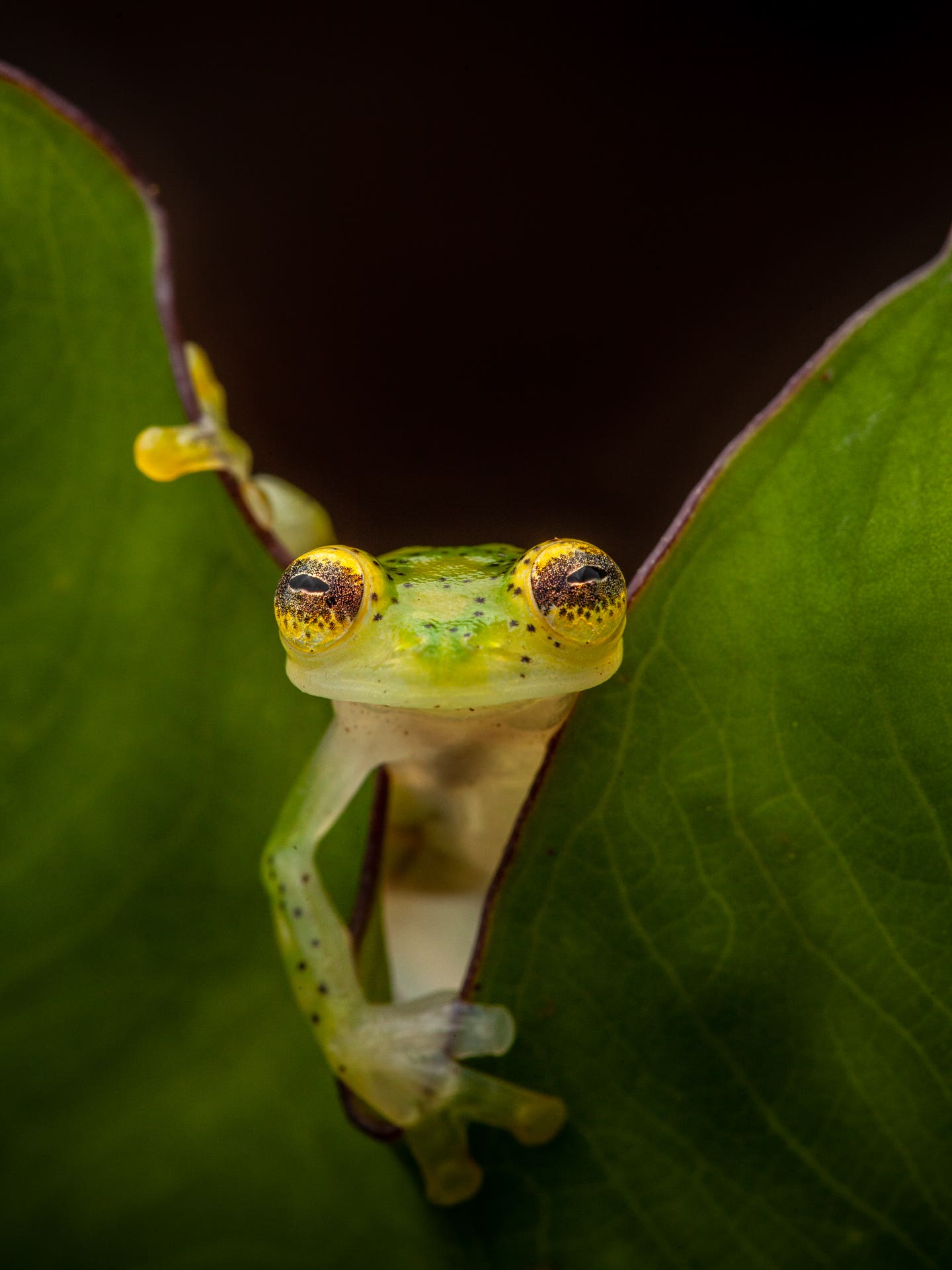
The decline of amphibians tells a story about the state of our world.
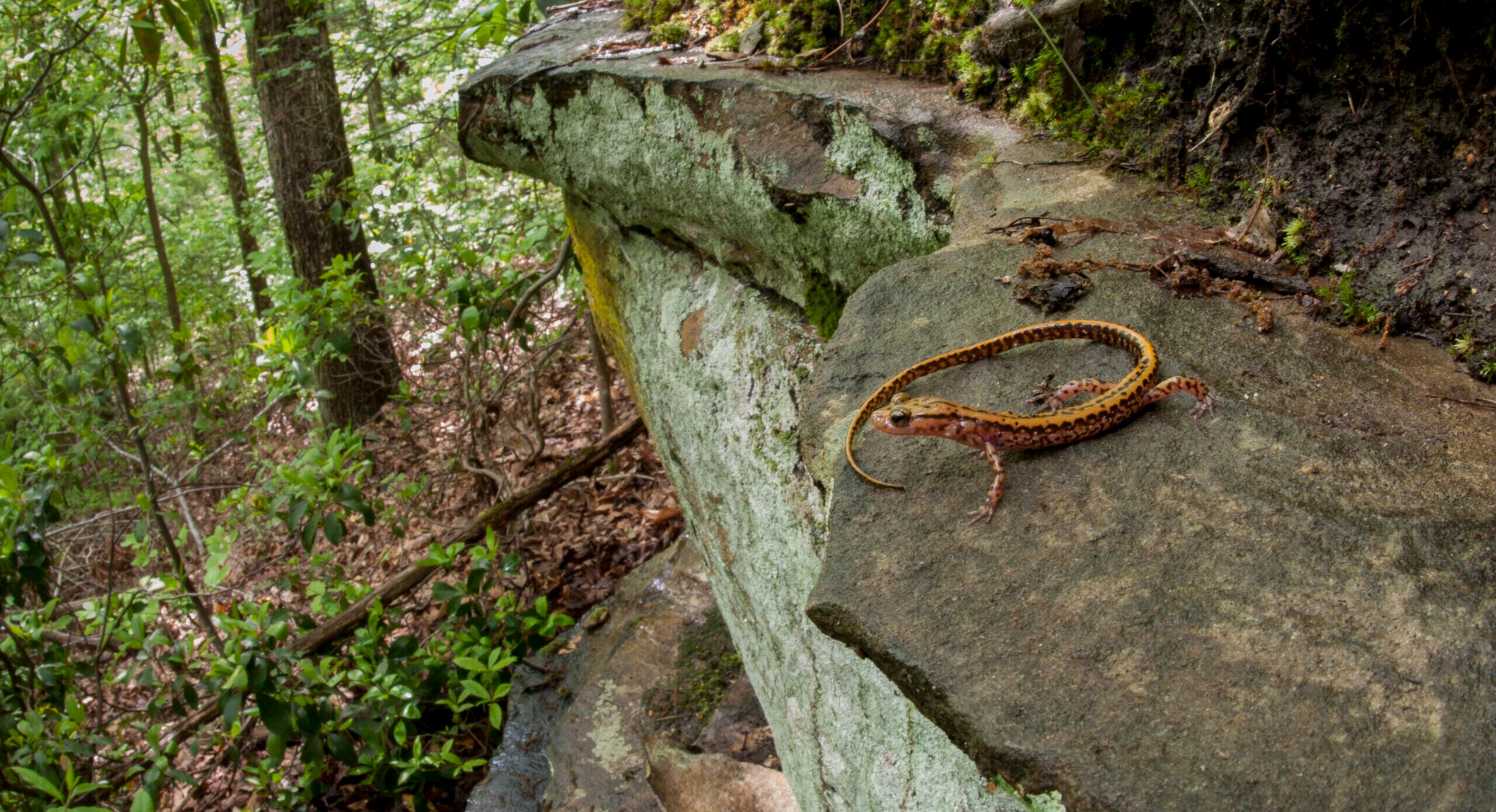
Frogs, salamanders… and who?
Amphibians include frogs, salamanders, and caecilians—an often-overlooked, legless group. Across these three lineages, their shapes, colors, and behaviors are remarkably diverse, reflecting the wide range of environments they call home.
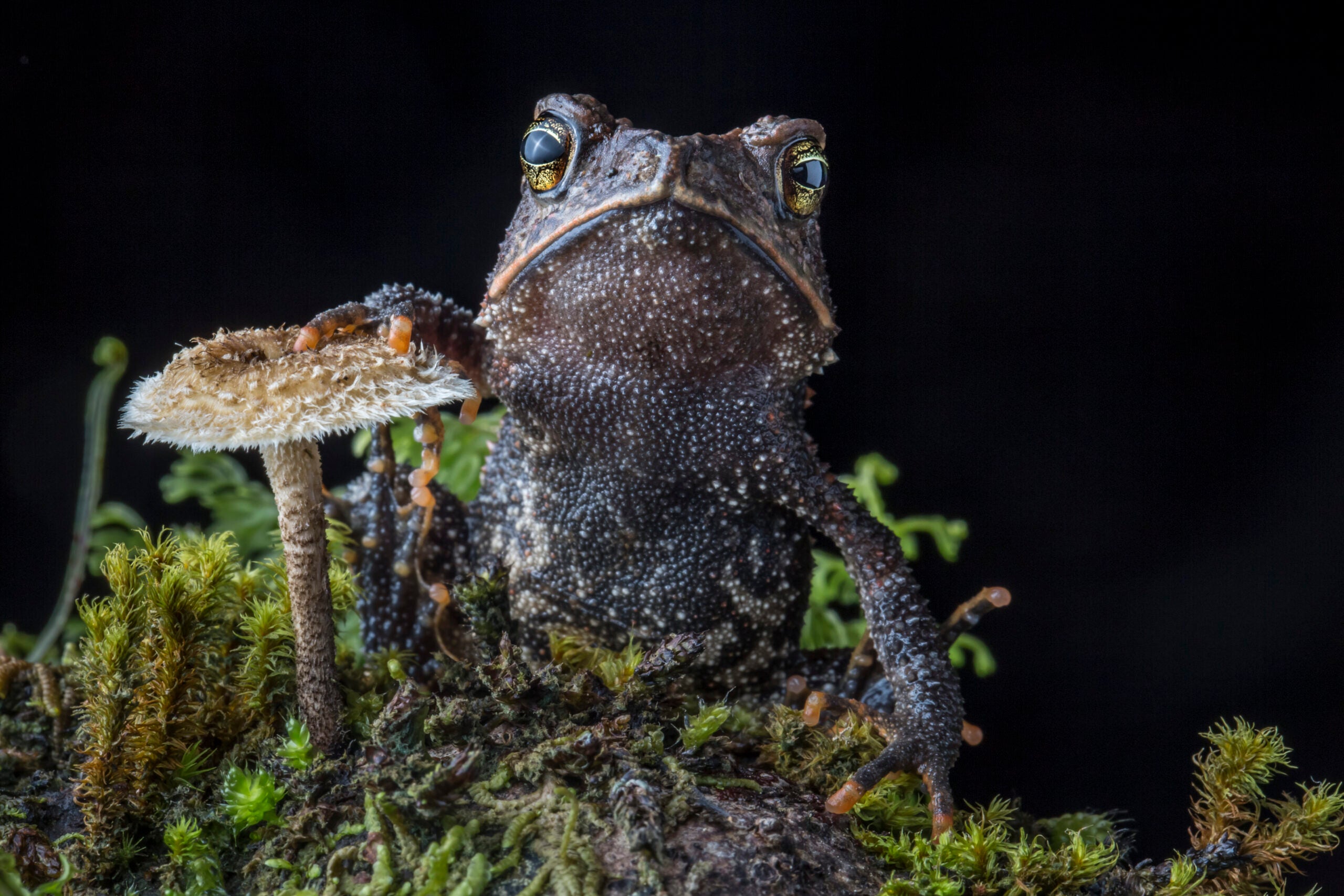
Frogs & Toads
All toads are frogs, but not all frogs are toads. These tailless amphibians live almost everywhere on Earth, especially in the tropics. Most amphibian species are frogs.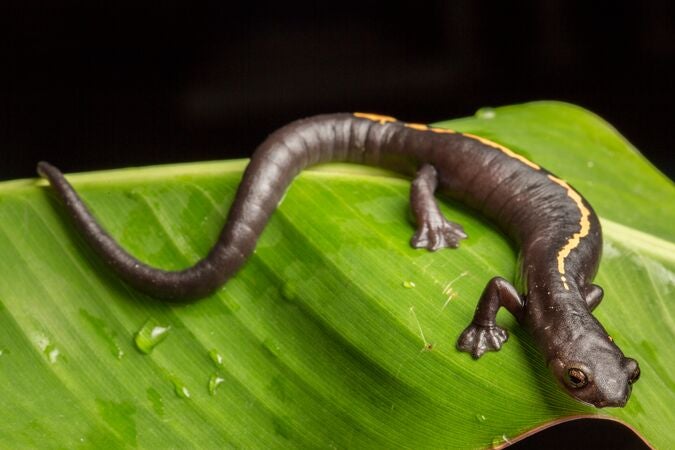
Salamanders
Salamanders are tailed amphibians with slim bodies and short limbs, mostly found in North America, including Mesoamerica, Europe, and Asia.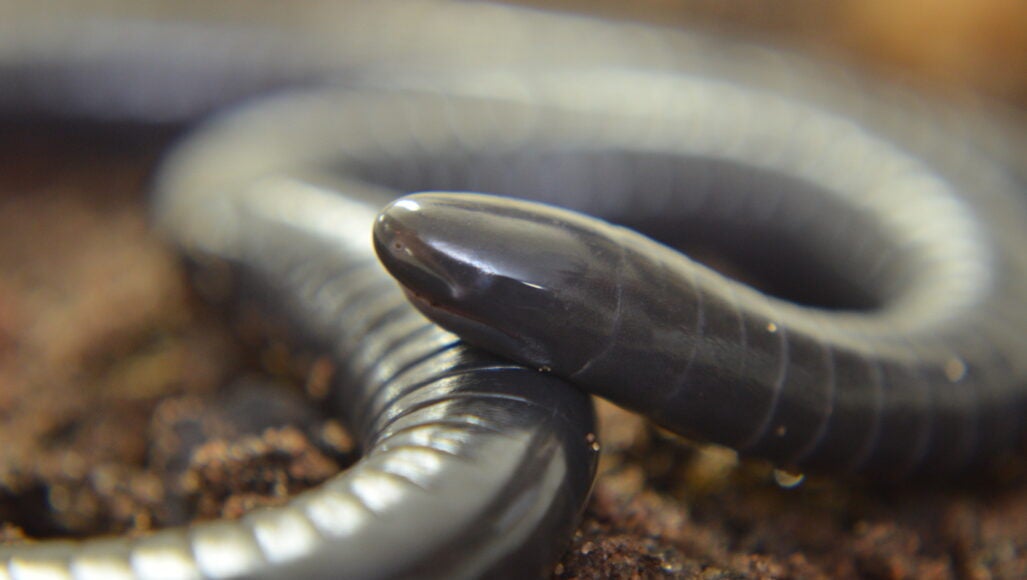
Caecilians
Caecilians are legless, worm-like amphibians that live mostly underground, found in tropical regions of Mesoamerica, South America, Africa, and Asia.
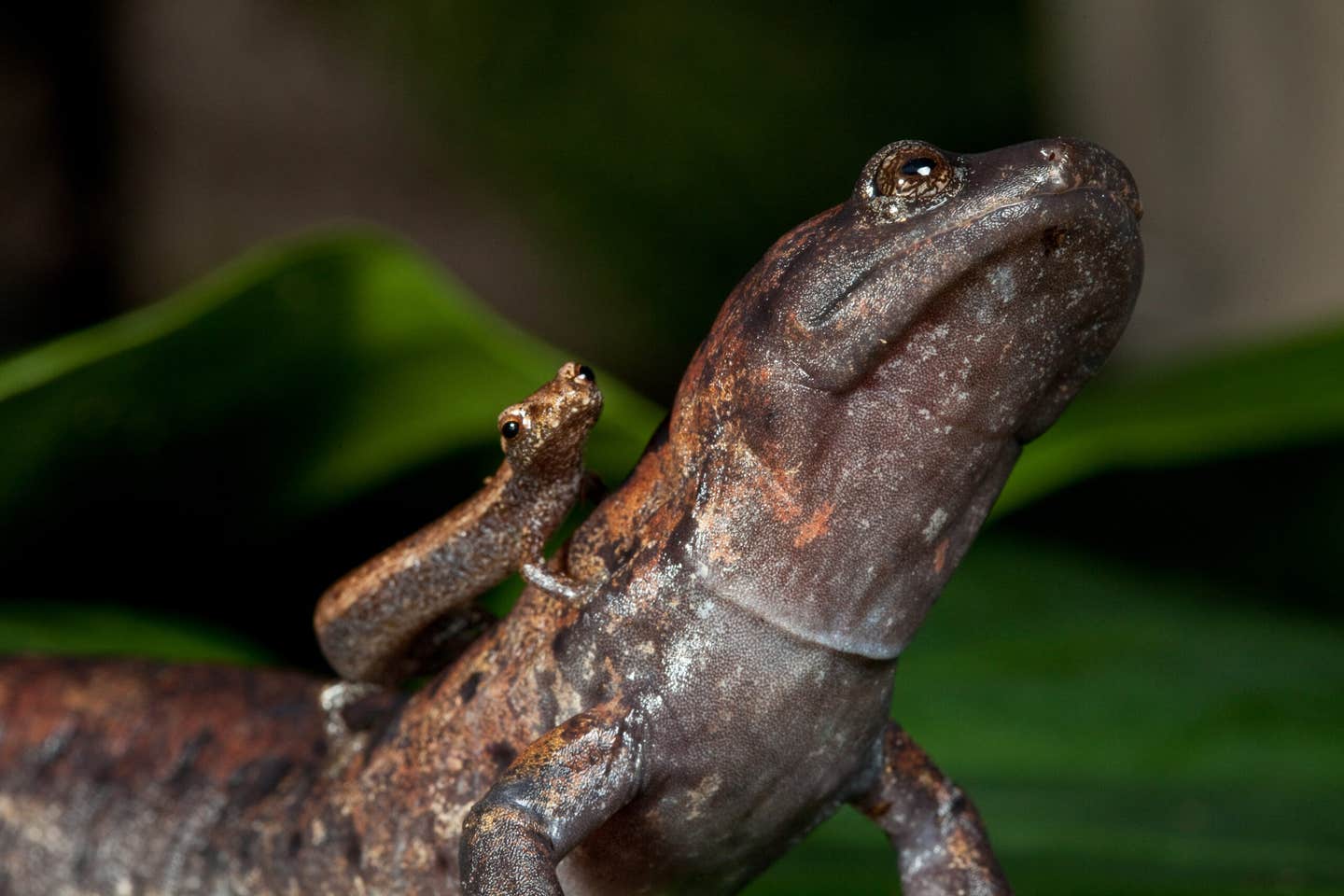
Where amphibians call home
To understand the challenges amphibians face, scientists compiled the second Global Amphibian Assessment (GAA2).
Over a decade, more than 1,000 experts assessed 8,011 amphibian species worldwide. Their findings reveal widespread threats—from habitat loss and disease to climate change—but also highlight opportunities where conservation can make a real difference.
2 in every 5
amphibian species are threatened with extinction
93%
of threatened amphibian species are impacted by habitat loss
4%
of amphibian populations in the United States are lost each year.
63 species
have lowered their extinction risk since 1980, demonstrating that targeted efforts can help reverse decline
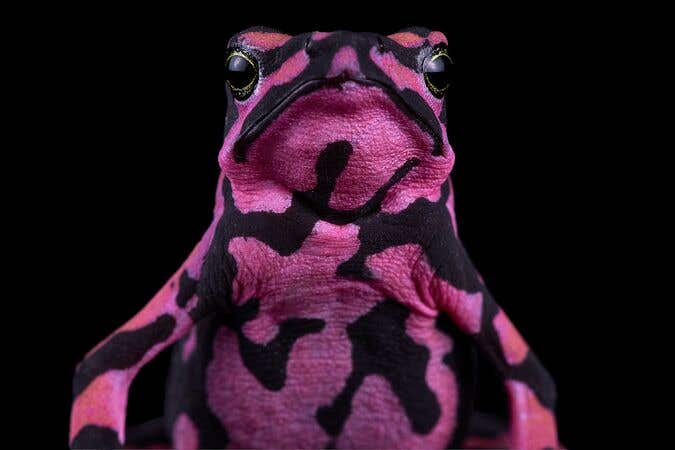
Saving the jewels of the forest
Learn Moreopens in new tab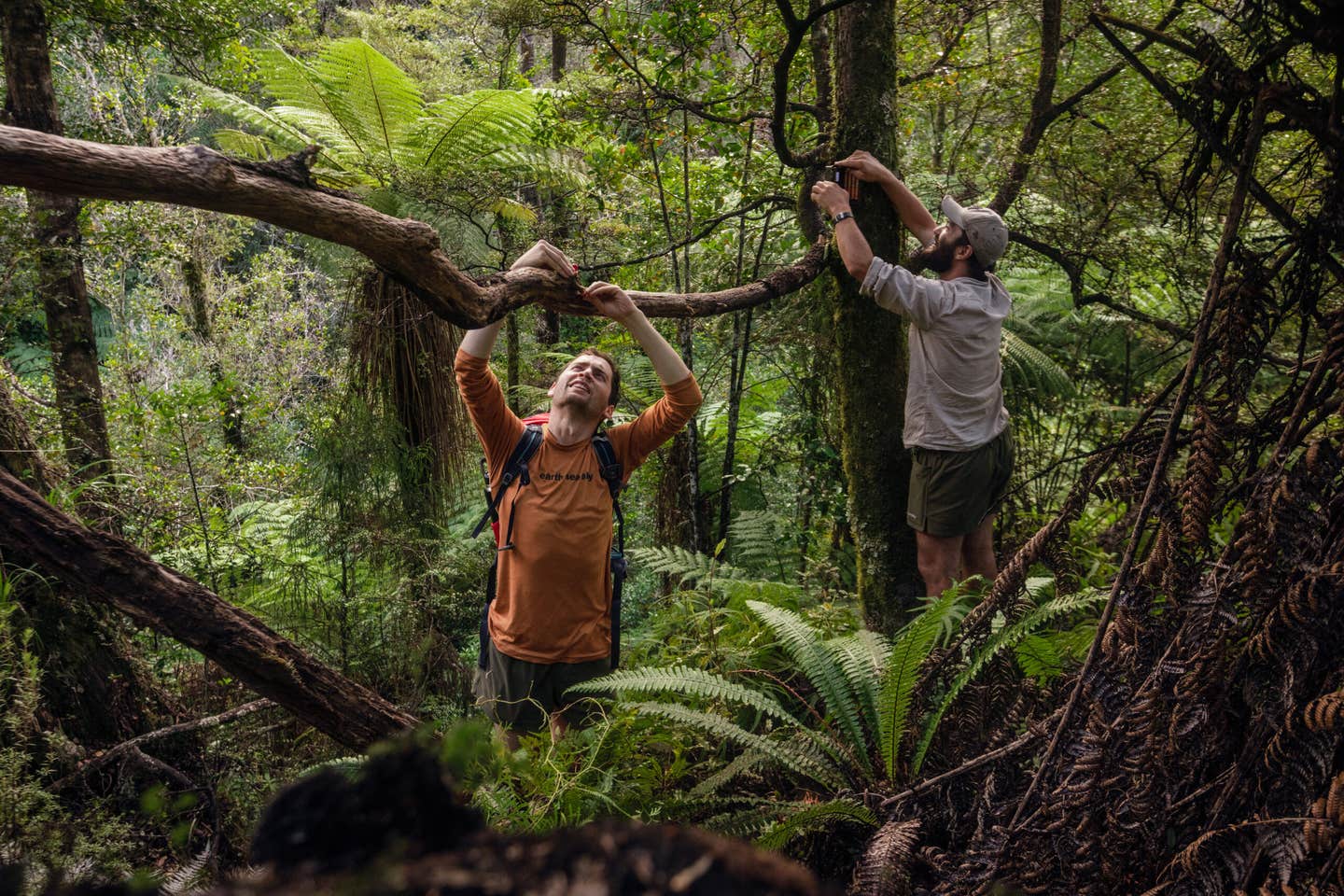
Rediscovering hidden species
Join the Search for Lost Species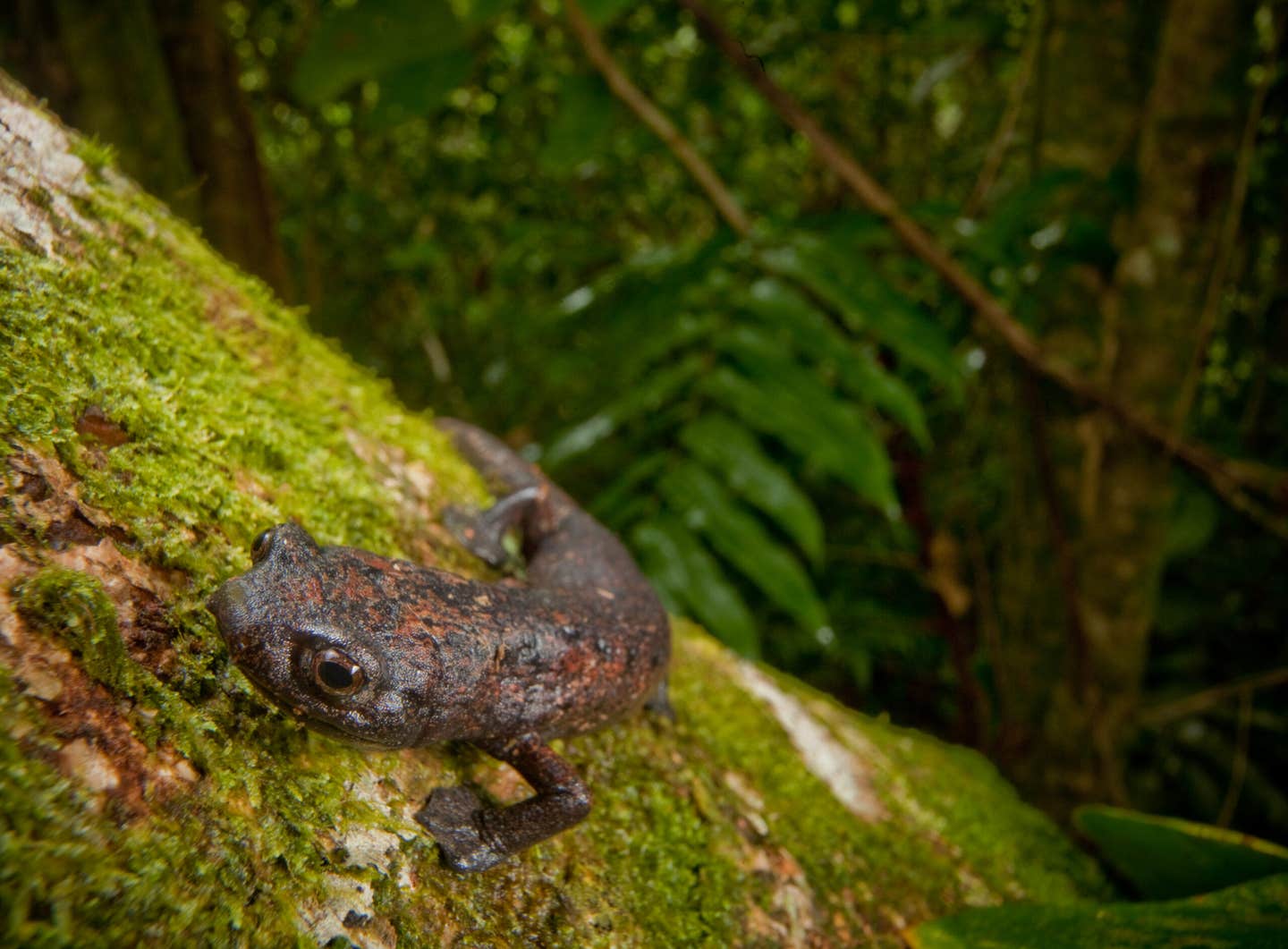

Take Action
There are many simple ways to make a difference from actions you can take at home to ways to support fieldwork and recovery programs—each one helping give amphibians a fighting chance.

$5
One week of food in a breeding program

$20
Disease testing for an amphibian

$50
IUCN Red List assessment for a species

$100
One day teaching children about local amphibians

$500
One expert expedition to locate lost species
Re:wild is leading global amphibian conservation through research, partnerships, and on-the-ground action.
Our work focuses on reversing amphibian declines and giving these remarkable animals a chance to thrive—one ecosystem, one species, and one community at a time. Explore our stories below.
